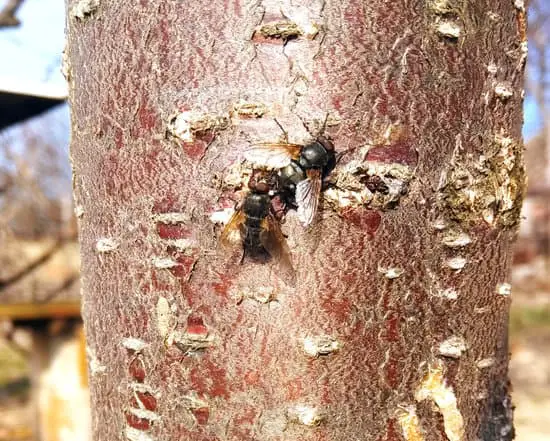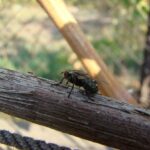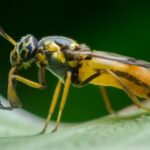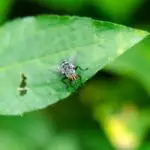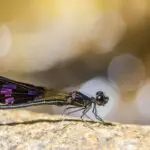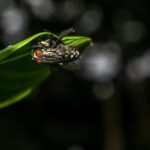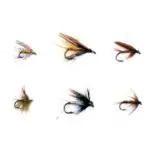What Do Flies Leave Behind?
Flies are not only annoying, but they can also spread bacteria and viruses with their tiny hairs and legs. In less than a second, they can transfer these germs from one area of the food to another. Flies’ droppings can contain cholera-causing bacteria, dysentery-causing bacteria, and even typhoid-causing bacteria. Therefore, it is crucial to protect yourself from flies’ poop and droppings.
House flies are particularly impressive because they can cling to almost anything, even the ceiling! Their fat foot pads are made up of many tiny hairs that produce a sticky substance, which gives them an excellent grip. In addition to these hairs, their compound eyes give them a nearly 360-degree field of vision, allowing them to see in any direction.
Flies do not bite humans, but they can leave flies’ eggs on foods that they’ve touched. The larvae will eat these eggs and pupate into adult flies, which can live for a month or more. The eggs and larvae that flies leave behind can be harmful to humans.
Flies lay eggs on various materials, including unattended food, garbage, and decaying corpses. However, the eggs themselves are very difficult to detect by the naked eye.
